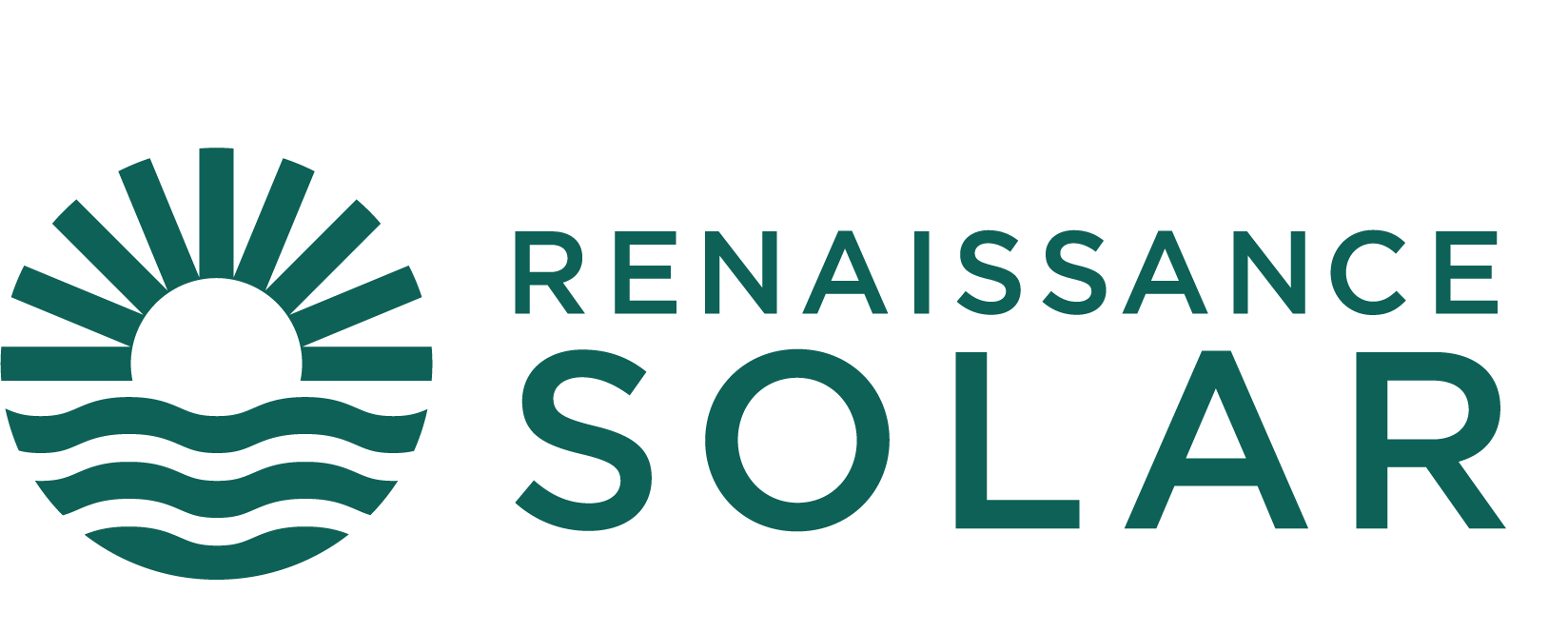Solar energy is becoming more and more popular as a source of renewable energy. However, many people are unaware that using chemicals derived from fossil fuels is necessary to harness the power of the sun.
Almost all solar panels are built using the same principle, converting sunlight into energy. A photovoltaic component, which converts sunlight into energy, is usually sandwiched between layers of copolymers. In many copolymers, ethylene – derived from oil and natural gas – serves as one of the petrochemical building blocks.
Mistakes To Avoid When Investing In Solar Power
Solar power is a wonderful thing. Creating energy for free from the rays of the sun is genius and available to every human being. But before you go ahead and invest in a solar energy solution for your home or office, read below so you can avoid making these common mistakes related to solar power.
Not Doing Any Research
While there are many professionals out there that can answer the many questions you might have, it’s vital to do at least some research of your own. By doing this, you eliminate the risk of receiving false information from a ‘not-so-professional’ contractor who only cares about the profit he/she is going to make. It’s a great idea to have some idea of what type of system you want to invest in.
Making a Decision Based on Price
Not every solar heating system is created equal. More often than not, the cheapest product isn’t the best option. And when you invest your money in this type of system, you’ll want to make sure it’s a high-quality product. What you want is the best value for money.
Not Hiring a Professional for Your Installation
You can DIY many things, but a solar system isn’t one of them. If you want a system that will last for many years to come, you need a professional like Renaissance Solar to source quality products and manage the installation for you.
For more information, give us a call today!
